In the tranquil setting of Ooty, a conference convened by Tamil Nadu Governor R.N. Ravi on April 25 and 26 witnessed a significant absence: Vice-Chancellors (VCs) from the state’s public universities chose not to attend. This collective decision underscores a broader assertion of state autonomy in educational governance.
Backdrop of Judicial Intervention
The boycott follows a landmark Supreme Court ruling on April 8, which curtailed the Governor’s powers in university appointments. The Court deemed the Governor’s prolonged withholding of assent to ten state bills—many related to university governance—as unconstitutional. Thereby, these bills became law without the Governor’s signature, transferring the authority to appoint and remove VCs from the Governor to the state government.
State’s Proactive Engagement
In response to the Court’s decision, Chief Minister M.K. Stalin met with registrars and VCs on April 16 to discuss the new legislative framework and reiterate the state’s commitment to educational autonomy. This proactive engagement contrasts with the Governor’s subsequent call for a separate conference, which many perceived as a challenge to the state’s authority.
Political and Institutional Reactions
The Governor’s initiative drew criticism from various quarters. The Federation of Student Organisations-Tamil Nadu (FSO-TN), comprising 14 student bodies affiliated with parties like the DMK, Congress, and Left, urged VCs to boycott the event, viewing it as an overreach of the Governor’s role . The conference was also denounced by the State Platform for Common School System-Tamil Nadu (SPCSS-TN), which claimed that it was organized without the state’s higher education department’s participation, leading to confusion in university administration.
These views were shared by political figures. “Contempt of the Supreme Court verdict” and “gross violation of constitutional norms” are the terms used to describe the Governor’s actions by CPI(M) state secretary P. Shanmugam. Congress state president K. Selvaperunthagai criticized the Governor for defying the spirit of the apex court’s ruling, suggesting that convening the conference amounted to disrespecting the Constitution.
Governor’s Office Responds
Amidst the backlash, Raj Bhavan clarified that the conference was a long-standing academic initiative, planned since January, and not a reaction to recent political developments. The Governor’s office emphasized that the event aimed to foster collaboration among academia and industry to enhance student outcomes and academic excellence .
Implications for Federalism and Educational Autonomy
The VCs’ collective non-attendance at the Governor’s conference signifies a reaffirmation of their allegiance to the state’s constitutional framework and a rejection of perceived attempts to undermine it. This episode highlights the ongoing dialogue between state and central authorities, emphasizing the importance of respecting constitutional boundaries and the collective will of educational leaders in shaping the future of academia in Tamil Nadu.
As the state continues to navigate these complexities, the emphasis remains on preserving the sanctity of its institutions and ensuring that the principles of federalism and democratic governance are upheld.


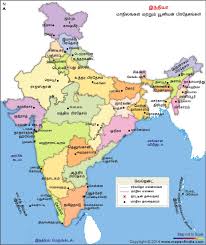
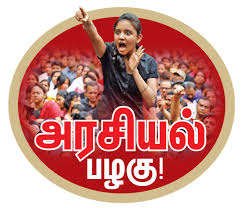
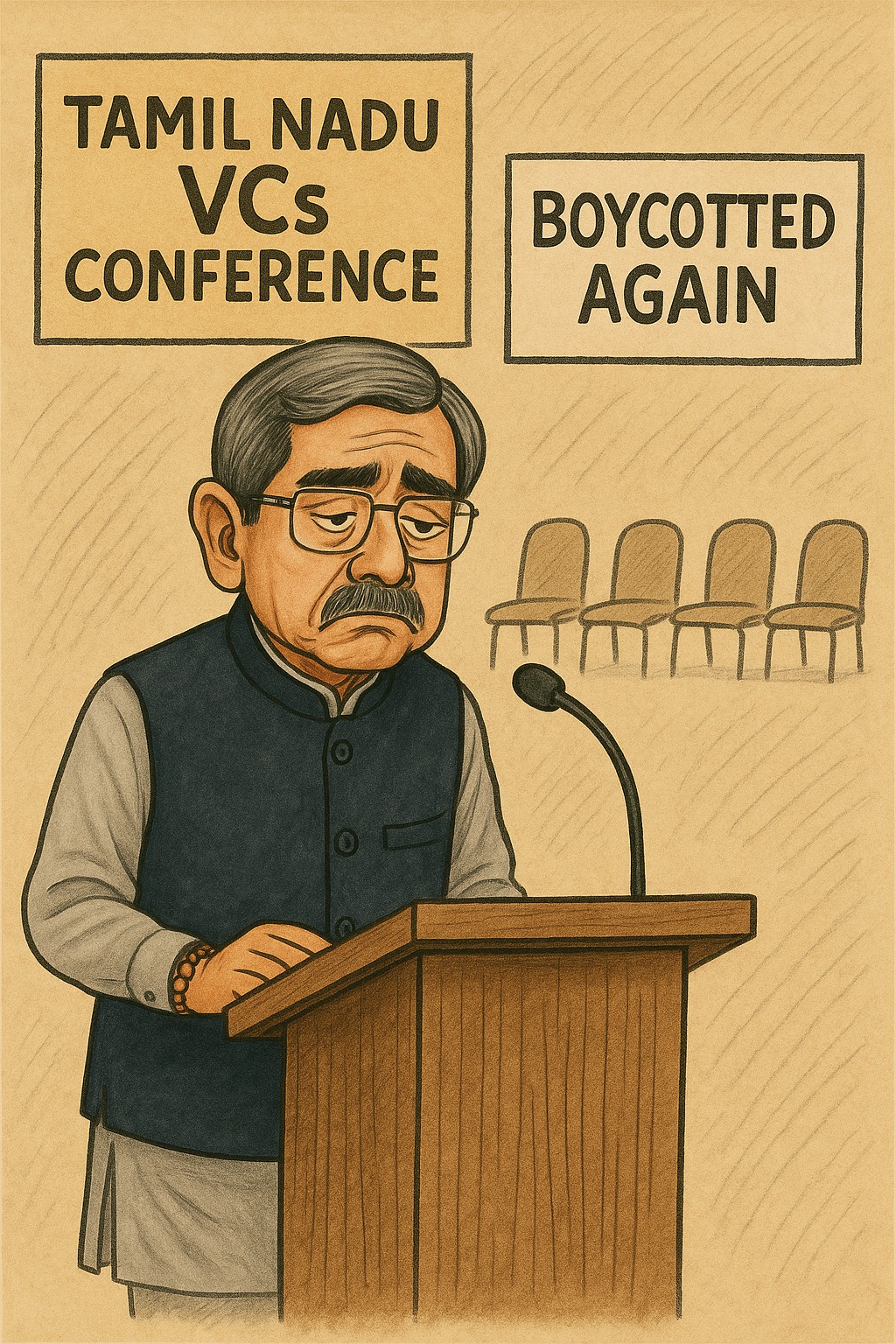
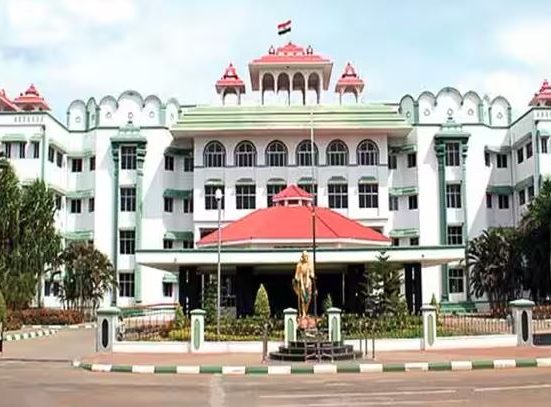

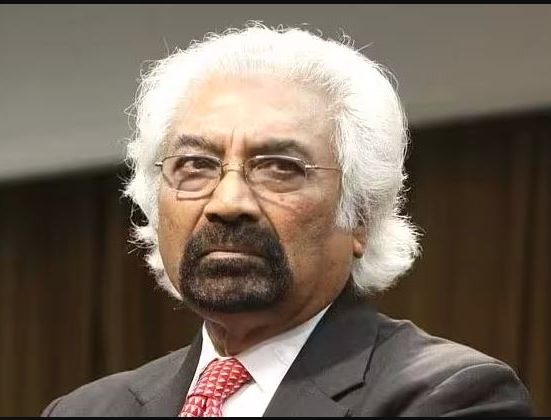



Leave feedback about this